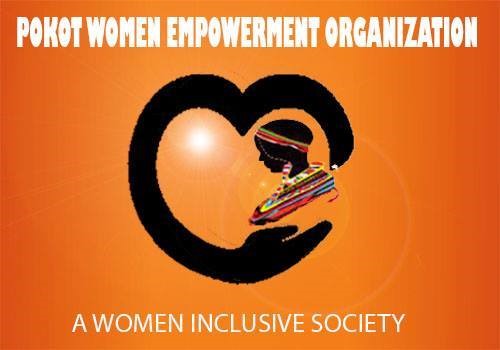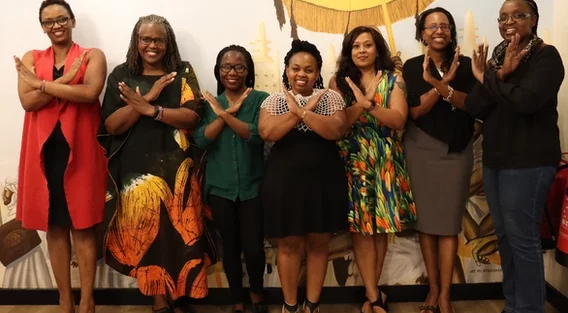As we move into International Women’s Day, I would like to address one of the elephants in the room. That is as much as we have evolved as a society and as a world, entrepreneurship is still very much considered a man’s game; a high-risk gamble that women can’t possibly succeed in. And even after consistently proving that they can indeed build flourishing businesses, there are still a couple of challenges that women can’t seem to shake as they navigate entrepreneurship. Some of which we discuss below.
Limited access to capital funding.
Now I’ll be the first to say that we have made some strides in making funding more accessible but honestly, I think we can all admit that not nearly enough has been done. Too many women with a great value proposition, are struggling to raise sufficient capital to grow their enterprises. And to add insult to injury, it is also common for them to be denied funding due to gender and cultural biases, with many organizations opting to fund male-owned businesses. And although numerous institutions have implemented programs to support women-owned businesses, being accepted into them is a game of luck. Which relegates their activities to remaining small-scale, as they are often forced to use personal financing to keep their businesses afloat.
Balancing responsibilities.
In my experience, most women are not just entrepreneurs or career professionals. They are mothers, wives, sisters, and friends and each title carries its own responsibility. In our African society, it is still believed that a woman’s focus should be her home. So, when owning a business interferes with that in any way, it is expected that she will abandon the business. This is especially the case if they lack a support system and must carry both burdens on their own. Now, some women can balance these two aspects of their lives however, most end up feeling stressed and overworked. Additionally, as a result of these responsibilities, women’s income is noted to be largely invested in the family and in household needs, rather than in massive investments to grow their businesses.
Defying Societal Expectations.
At one time or another every woman whether a career professional or entrepreneur finds themselves in a room that doesn’t acknowledge their leadership or success. And most often than not, when in such a situation, women may feel the need to adopt the stereotypical ‘male’ persona towards the business of being competitive, aggressive, and harsh in order to be taken seriously and to establish credibility. Also, even after achieving success, women entrepreneurs tend to downplay their achievements to avoid antagonizing their male family members and business counterparts.
Lack of a robust support network.
Studies have shown that having a robust support network is essential for entrepreneurial success so, it’s no surprise that 48% of female founders report that a lack of available advisors and mentors limits their business growth. With most of the high-level business world still being dominated by men, it can be hard for women to blaze their own path and create the introductions and connections needed to scale their businesses. The philosophy that ‘it’s not what you know; it’s who you know,’ still rings true today in business, so for women, this struggle to build a network of supportive entrepreneurs does serve as a huge limiting factor to their success.
In conclusion, in line with the Break the Bias Theme of this year, I believe we need to do more in the African entrepreneurship space to make it more inclusive and supportive for women. By addressing the challenges women in business face and creating a culture that recognizes and appreciates what they bring to the table, we will not only encourage more women to venture into entrepreneurship but also build our economies; because when women lead, others follow.



